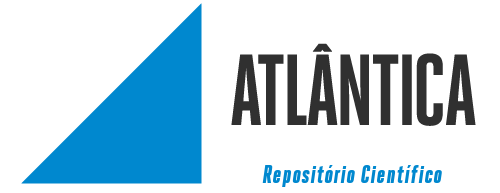Utilize este identificador para referenciar este registo:
http://hdl.handle.net/10884/1678| Título: | Post-stroke dysphagia |
| Outros títulos: | identifying the evidence missing |
| Autores: | Wang, Zicong Shi, Ran Moreira, Paulo |
| Palavras-chave: | stroke dysphagia healthcare management rehabilitation elderly geriatrics |
| Data: | 26-Fev-2025 |
| Citação: | Zicong, W. et al. (2025). Post-stroke dysphagia : identifying the evidence missing. Frontiers in Medicine, volume 12. 1-8 p. https://doi.org/10.3389/fmed.2025.1494645. |
| Resumo: | Dysphagia is a high-profile dysfunction that often occurs after a stroke, with a prevalence of 50%−80%. Post-stroke dysphagia (PSD) often leads to serious complications such as pneumonia and malnutrition, reducing the quality of life and leading to poor prognosis or even death. PSD causes these adverse physical and psychological impairments to patients, which becomes a challenge for both patients and physicians. This review intends to contribute to the international debate on evidence-based options on Stroke Rehabilitation and to better understand the need for further research on PSD and summarizing evidence on some of the most relevant topics and clarifying its clinical practice value for Neurology, stroke rehabilitation experts, rehabilitation and nursing staff, as well as patients. The article identifies and discusses the gaps in knowledge on PSD and elaborates on current evidence concerning the selection of subjects, examination methods, patient data extraction and analysis, classification of stroke lesions, details of dysphagia, significance of results, and neuromodulation of dysphagia, from the perspective of rehabilitation physicians. The review identified a set of 10 points and parameters for the international debate on PSD, namely: stroke onset, cognitive impairment, feeding method, contrast medium, swallowing reflex delay, swallowing evaluation form, division of brainstem, multiple stroke sites, basal ganglia lesions and neuromodulation techniques. The article explores available evidence on factors associated with dysphagia and stroke site. Although there is plenty of evidence exploring the correlation between stroke site and swallowing disorders, the pathophysiological mechanisms between the two are complex, and expert interpretations of the evidence and clinical opinions vary on which swallowing abnormalities occur. The study generates evidence on current evidence-based options on Stroke Rehabilitation and a better understanding of the need for further research on Post-Stroke Dysphagia. Taking a patient-centric approach, the ultimate goal is to generate on how can available evidence influence policy or practice or research or clinical education. The article provides a structured discussion clarifying key points on the relationship between stroke lesions and swallowing dysfunctions and contributes to clarifying the gaps in evidence to further improve the quality of life of the patients suffering from Post-Stroke Dysphagia. |
| URI: | http://hdl.handle.net/10884/1678 |
| Aparece nas colecções: | CE/GS - Artigos |
Ficheiros deste registo:
| Ficheiro | Descrição | Tamanho | Formato | |
|---|---|---|---|---|
| Post Stroke Dysphagia.pdf | 212.1 kB | Adobe PDF | Ver/Abrir |
Todos os registos no repositório estão protegidos por leis de copyright, com todos os direitos reservados.
